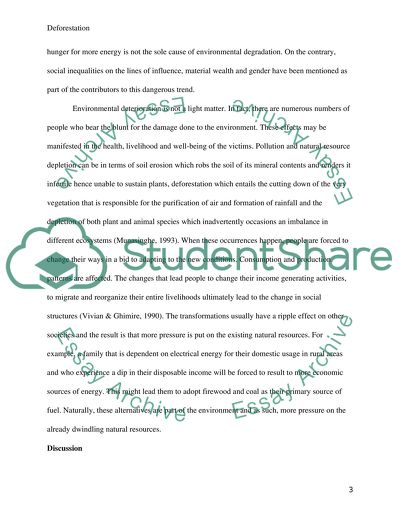Cite this document
(“Deforestation and the effects on the environment with philosophical Case Study”, n.d.)
Retrieved from https://studentshare.org/philosophy/1441799-deforestation-and-the-effects-on-the-environment
Retrieved from https://studentshare.org/philosophy/1441799-deforestation-and-the-effects-on-the-environment
(Deforestation and the Effects on the Environment With Philosophical Case Study)
https://studentshare.org/philosophy/1441799-deforestation-and-the-effects-on-the-environment.
https://studentshare.org/philosophy/1441799-deforestation-and-the-effects-on-the-environment.
“Deforestation and the Effects on the Environment With Philosophical Case Study”, n.d. https://studentshare.org/philosophy/1441799-deforestation-and-the-effects-on-the-environment.


